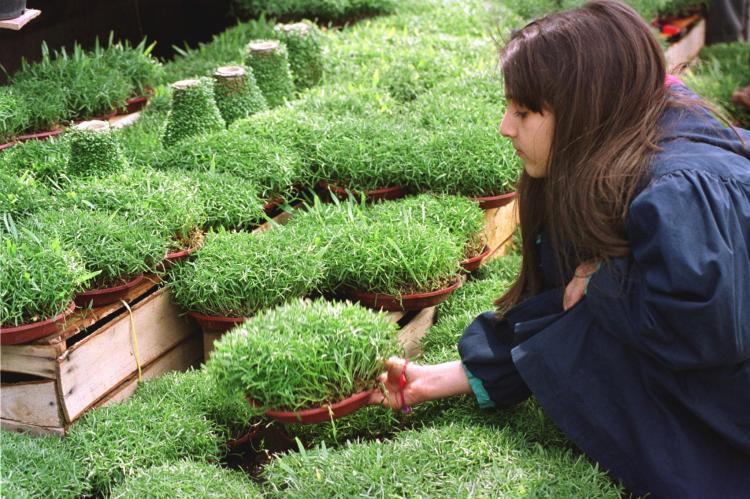Whether you are experiencing less than peak health or just like to take care of yourself, then sprouted seeds from edible grains are one of the simplest and most economical ways to ensure you are giving your body the peak nutrition it requires to achieve a healthy state of balance.
Seeds, nuts and beans can be easily sprouted from the comfort of your own home. They will be ready to eat within a few days and unlike fruit and vegetables, don’t require that you become an overnight expert in organic gardening and composting techniques—as rewarding as these pastimes may be.
The dormant seed is a storehouse of goodness just waiting to burst into life. Water, air and a suitable temperature trigger complex biochemical processes by which an astonishing amount of energy is released. When the shoot appears, we know that vitamin C is present and when those first two leaves sprout, chlorophyll has arrived on the scene. At this stage, the sprout is a perfectly balanced food, full of living energy, with the goodness of both seeds and vegetables.
Sprouting Through The Ages






